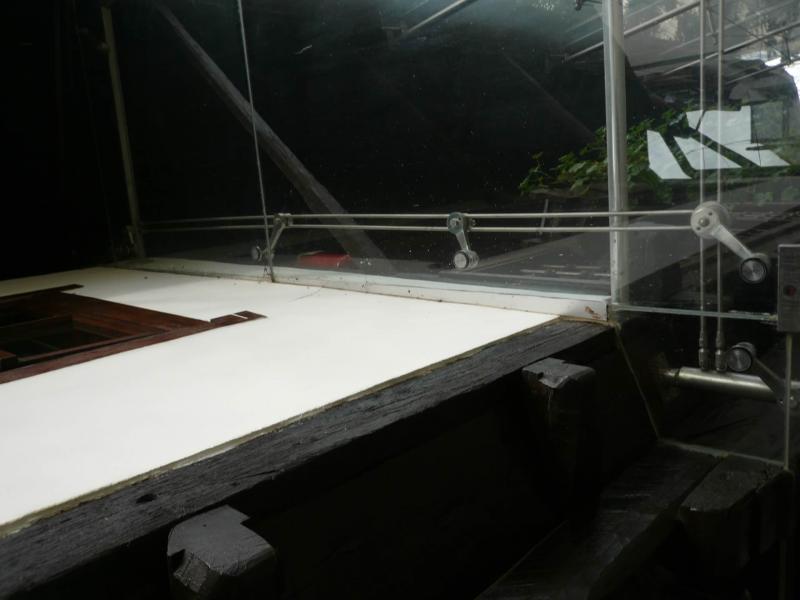The Conservation of Historic Buildings course awards a Graduate Diploma on completion of its two-year, part-time programme. Designed for built heritage professionals, the course aims to enhance awareness and skills in the core areas of historic knowledge and cultural appreciation; research and report writing; philosophies of conservation; traditional building materials; structures of historic buildings; fabric deterioration and repair; building investigations and assessments; regeneration and conservation; design in modern urban contexts, and international projects. In addition to developing a wide range of knowledge concerning from all periods, the programme continues to investigate twentieth-century buildings and environs along with the current political and social issues of change, regeneration and urban redevelopment following the international ICOMOS training guidelines. Recent site visits exemplifying contemporary urbanisation have included Shoreditch, Hackney and Spitalfields, which are prime examples of districts that couple conservation with regeneration. During the year we have established links with the Building Conservation Department of the National Technical University of Athens. This relationship was inaugurated by two public lectures delivered at the AA by Yannis Kizis on the conservation of the vernacular architecture around Mount Pelion and in Thrace, and his contemporary interventions in the centre of Athens.
The course maintained its ongoing involvement with the EU-funded initiatives of the ‘Heritage without Borders’ programme in southeastern Europe. Director Andrew Shepherd continued to lecture and lead workshops on building repairs at the Swedish Foundation ‘Cultural Heritage without Borders’ training camp in Gjirokastra, Albania. In addition, our involvement with the proposed conservation of Kurt Schwitters’ Merz Barn at Elterwater in the Lake District has carried on through consultation and the presentation of papers at the annual Elterwater seminar. This initiative included participation in the seminar/workshop that centred on the ‘British Sculpture’ exhibition at the Royal Academy, which included a constructed replica of the Merz Barn at Burlington House, London.
